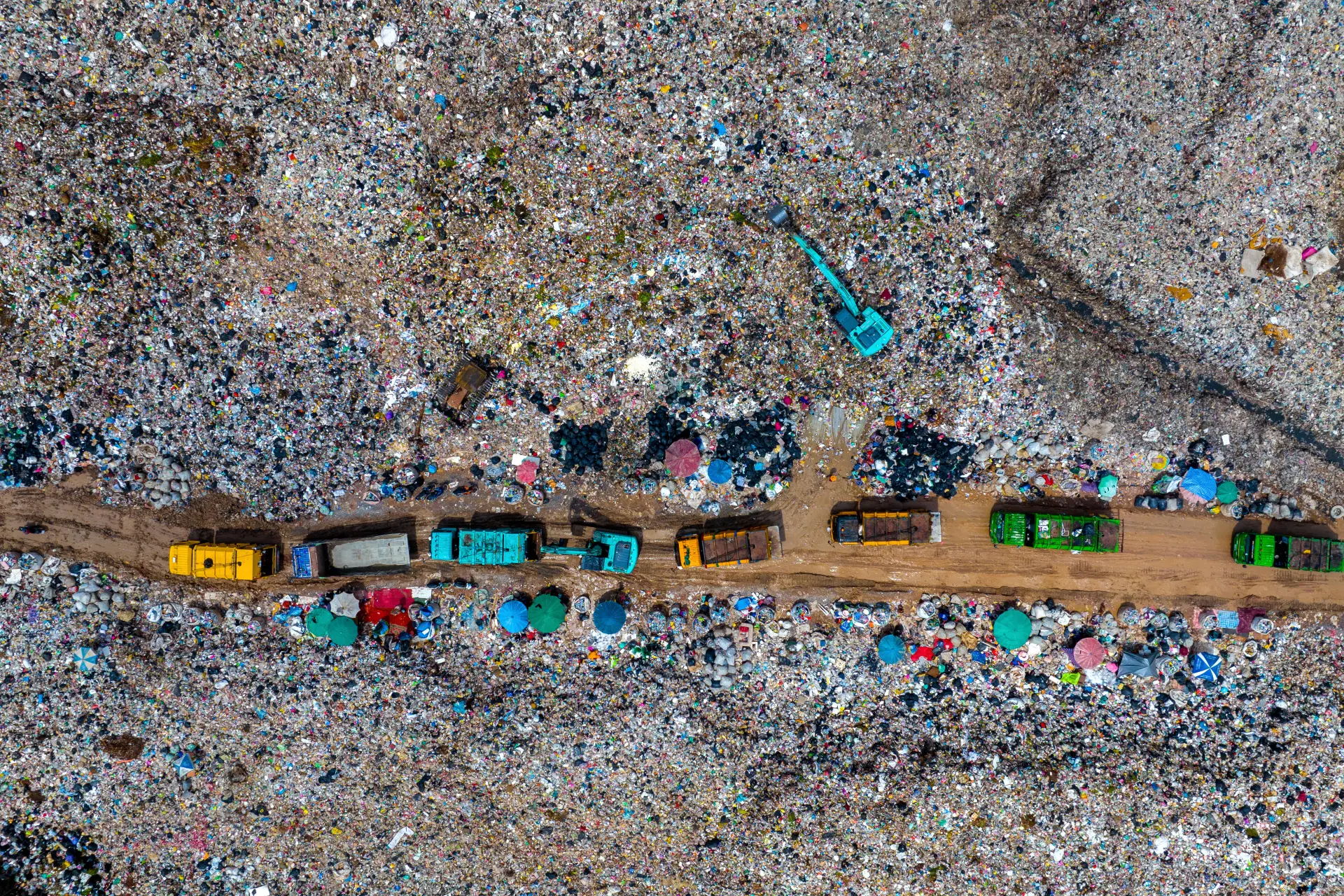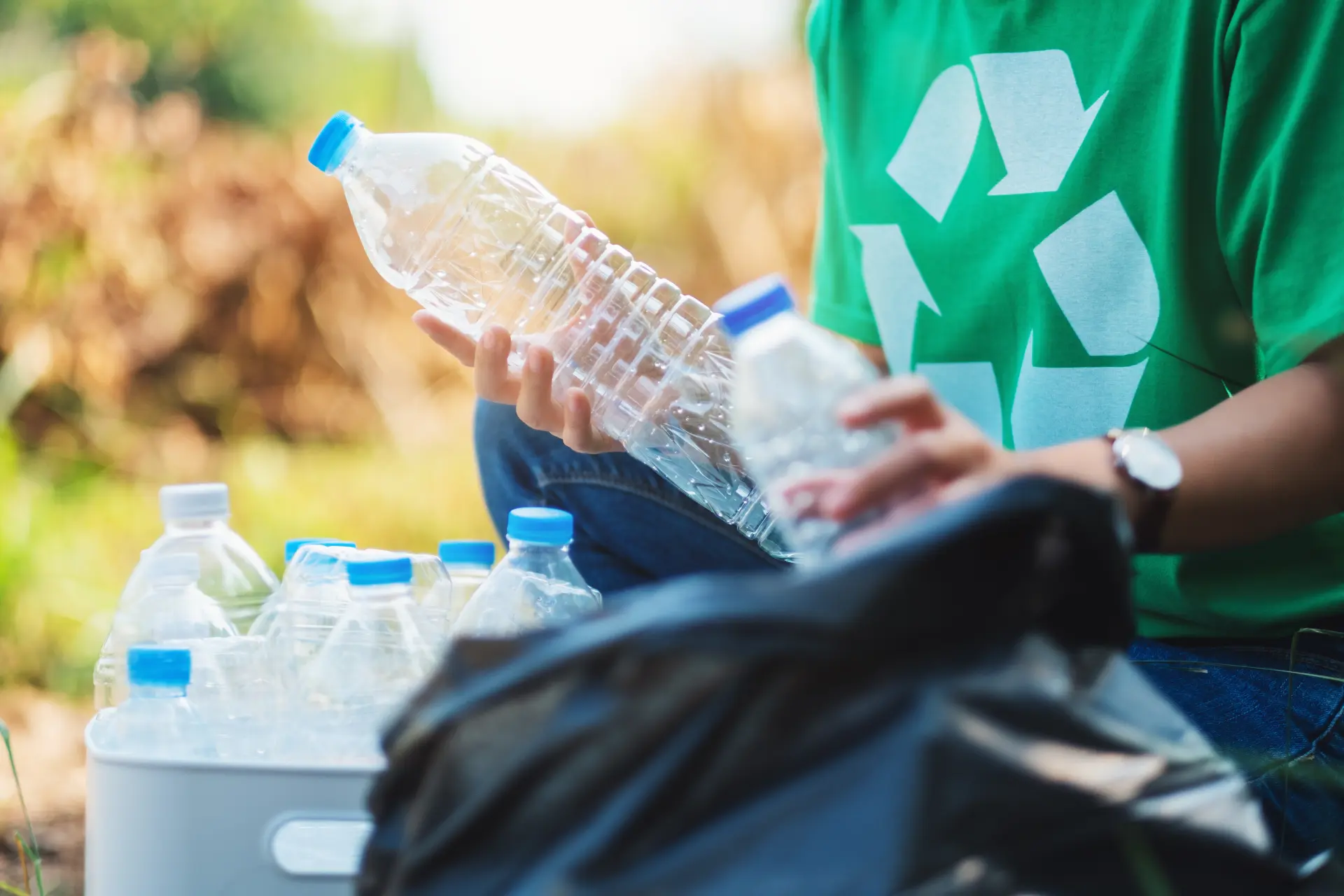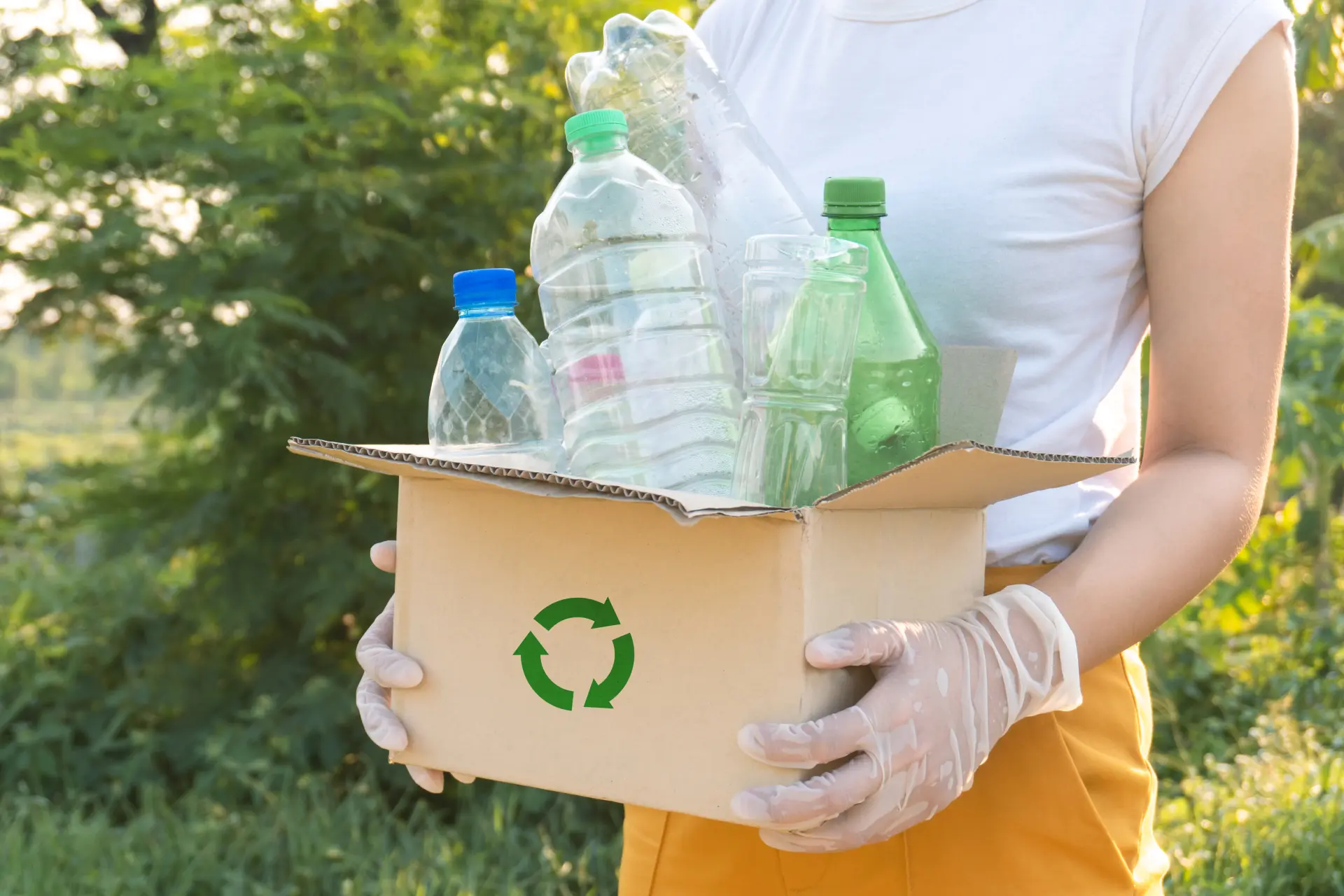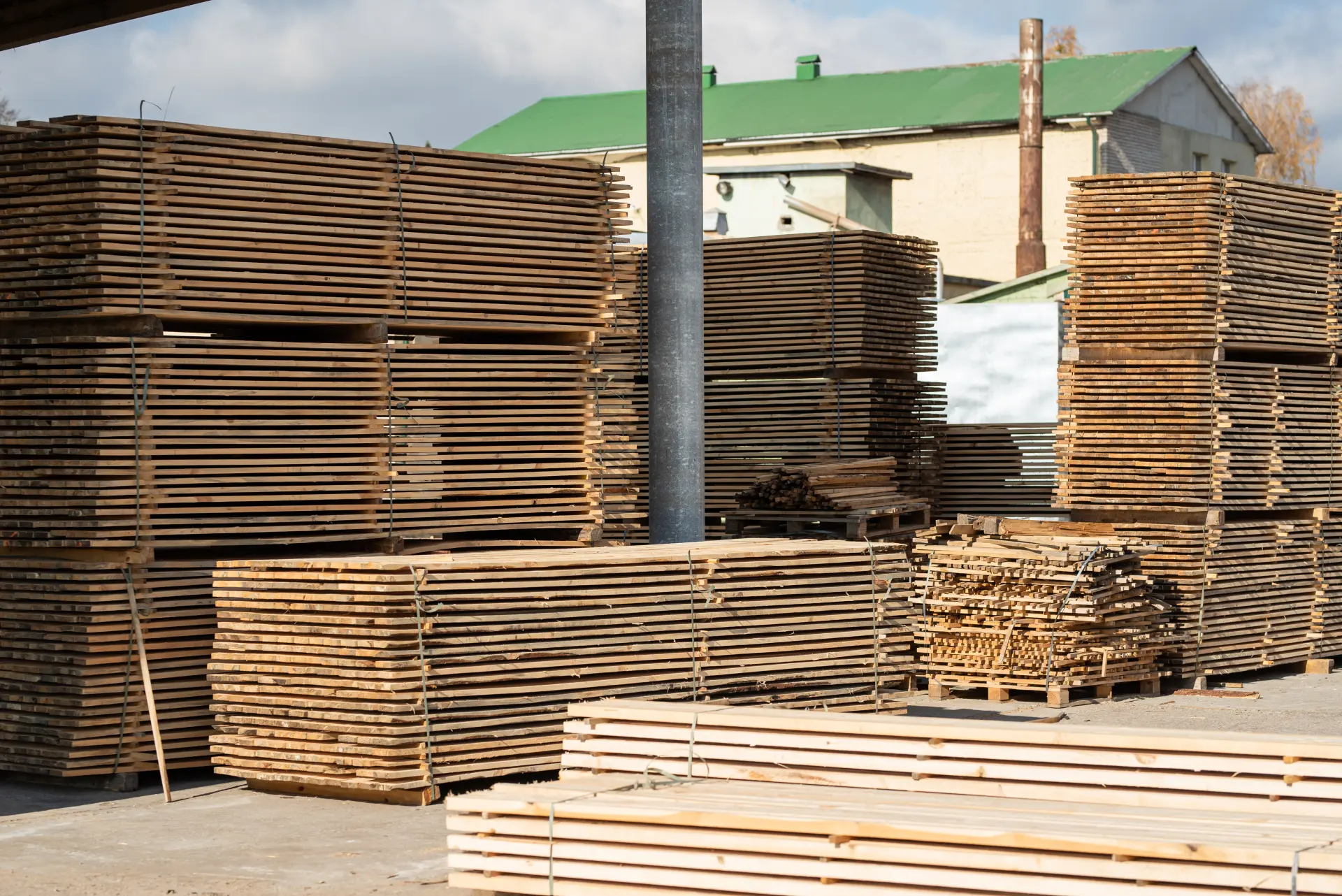Discover the environmental benefits of recycling services and how they help reduce landfill waste, save energy, protect water and air quality, and support a cleaner, greener future.
Recycling plays a crucial role in reducing the impact our daily lives have on the environment. By managing waste more responsibly, we protect natural resources, limit pollution, and create lasting benefits for our communities and the planet. Here’s a closer look at how recycling services make a difference.
Why Recycling Services Matter
Recycling services help turn discarded materials like paper, plastic, glass, and metal into new products, reducing the need for raw material extraction and energy-intensive manufacturing. This process not only conserves natural resources but also lowers overall pollution levels.
Beyond the environmental gains, recycling also supports the economy by creating jobs in collection, processing, and manufacturing sectors. It helps shift public attitudes away from throwaway culture and towards more sustainable consumer behaviour. Products are no longer seen as single-use, but as part of a longer life cycle, adding value and reducing waste.
Reducing Landfill Waste
Landfills are a growing problem. They occupy vast areas, produce harmful gases like methane, and pose risks to local ecosystems and communities. Items sent to landfill often remain there for hundreds of years, especially plastics and non-biodegradable materials.
By recycling, we reduce the pressure on landfills. Materials such as paper and cardboard can be reused multiple times, helping to lower the need for fresh timber and reduce deforestation.
Less waste in landfills also means fewer harmful chemicals leaking into the soil and groundwater. This protects local wildlife, reduces environmental clean-up costs, and helps safeguard our health.

Preventing Pollution of Land, Air, and Water
Unmanaged waste contributes to land, air, and water pollution. For example, plastic waste in rivers and oceans harms marine life and enters the food chain. Burning waste produces toxic fumes that affect air quality, while chemicals from dumped rubbish can contaminate the soil and drinking water.
Recycling ensures that waste is handled in a controlled way. Instead of polluting the environment, materials are sorted, cleaned, and transformed into useful products. This keeps our air cleaner, our water safer, and our land healthier. Proper recycling reduces the volume of waste entering natural ecosystems and helps tackle pollution at its source.

Energy Savings Through Material Recovery
One of the most practical environmental benefits of recycling is the energy saved by reusing existing materials. Producing aluminium from recycled materials, for instance, uses up to 95% less energy than producing it from raw ore. The same principle applies to paper, plastic, and glass.
These energy savings reduce our reliance on fossil fuels and cut greenhouse gas emissions. Recycling one tonne of paper can save over 4,000 kilowatt-hours of electricity, enough to power a UK home for several months. Less energy use also reduces water consumption in manufacturing processes, bringing additional environmental benefits.
Promoting a Circular Economy
The circular economy is an alternative to the traditional linear model of production and waste. It aims to keep materials in use for as long as possible through repair, reuse, and recycling. Recycling services are key to making this system work.
When products are designed with end-of-life reuse in mind, they become easier to disassemble and recycle. This reduces the need for constant production of new items and limits the environmental damage caused by extracting and processing natural resources. The circular model not only cuts down waste but also creates long-term economic and environmental resilience.
Welcroft Lee Logistics offers reliable and professional commercial waste collection services throughout Eastbourne, Brighton & Hastings. Whether your business needs regular waste collections or a one-off clearance, our team is here to help.






